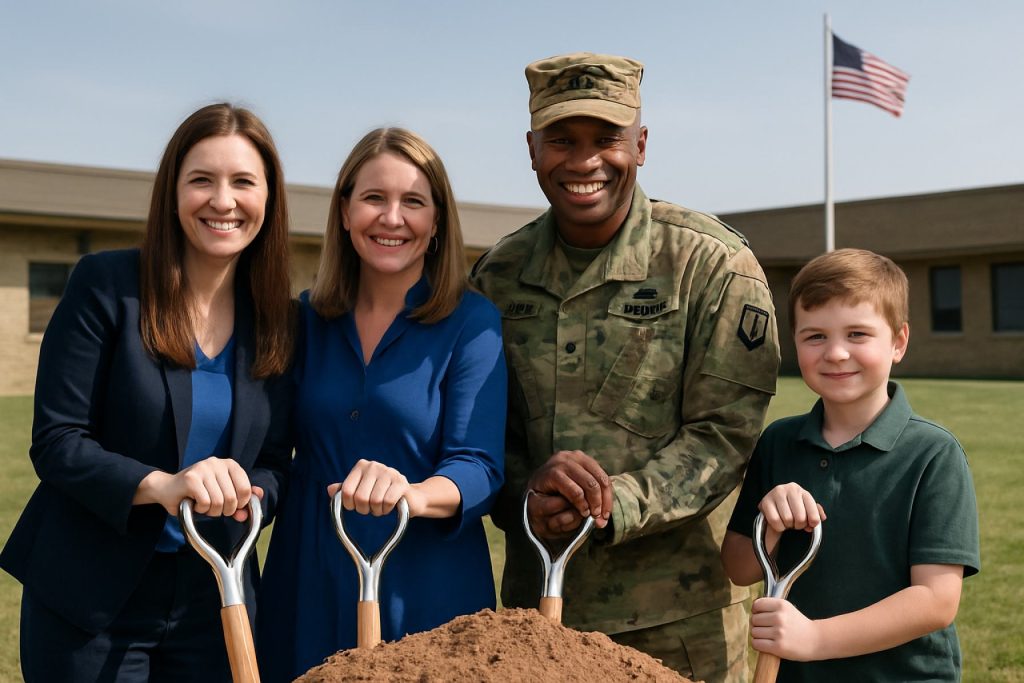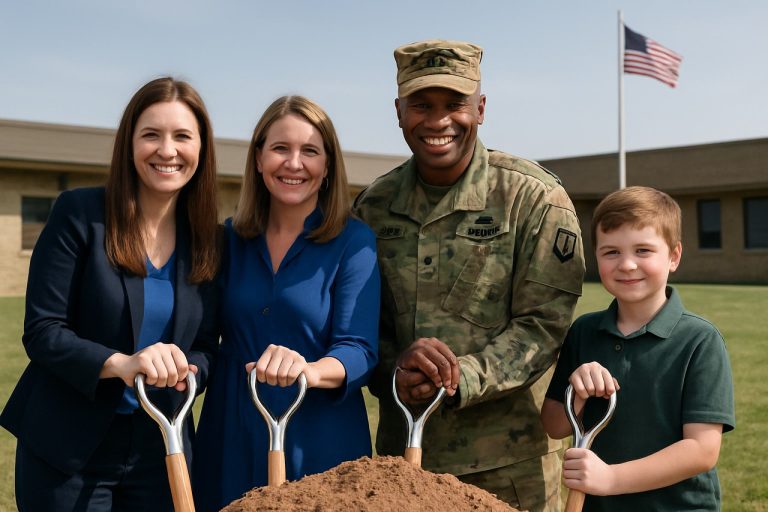
Inside the First-Ever Children’s Advocacy Center on a U.S. Military Base: How Fort Cavazos is Leading the Charge for Child Protection
Fort Cavazos opens a pioneering Children’s Advocacy Center, bringing vital child protection services directly to military families in 2025.
- 10,000+ children and families served by CACCT since 1997
- First Children’s Advocacy Center on a U.S. military installation
- 3 counties covered: Bell, Coryell, Milam
- Forensic interviews and therapy now available on-base for military families
History was made this week at Fort Cavazos as the Children’s Advocacy Center of Central Texas (CACCT) unveiled its satellite office—the first Children’s Advocacy Center (CAC) ever to open on a U.S. military installation. This landmark move promises to change how the military community approaches child welfare, support, and healing.
The ribbon-cutting on June 5 concluded a year-long collaboration between CACCT, the Office of Special Trial Counsel, and the U.S. Army Criminal Investigation Division. The mission: make “The Great Place” even greater by safeguarding its most precious residents—children.
Since 1997, CACCT has delivered support to traumatized children in Bell County and expanded to serve over 10,000 children and families in the region. Today, the mission grows with direct access for military families who previously faced logistical and emotional hurdles to accessing care.
What Makes a Children’s Advocacy Center Unique?
CACs bring together an all-star team of law enforcement, mental health professionals, medical experts, and legal partners in a kid-friendly environment. Young victims receive trauma-informed care, including specialized forensic interviews that make their voices heard in a safe, neutral space.
They also provide hands-on support to families—many of whom arrive shaken and uncertain—guiding them towards therapy and essential recovery resources. This holistic approach offers hope and healing in a setting designed for comfort and security.
How Does the New Fort Cavazos Office Transform Services for Military Families?
Before this center, many military families struggled to find trauma therapy or child protection advocacy without leaving the base, costing precious time and adding stress. The on-site CAC means forensic interviews, mental health care, and family advocacy happen steps from home, not miles away.
Officers close to the project stress that easy access helps maintain focus and readiness for service members, reinforcing both family well-being and national mission readiness.
Q&A: What Do Military Families Need to Know?
Q: Who can use the new CACCT satellite office?
A: Any military child or family at Fort Cavazos in need of support—whether for advocacy, forensic services, or therapy.
Q: What services are offered?
A: Forensic interviews, counseling, advocacy, crisis intervention, and referral to local resources. Help is available to both children and affected adults.
Q: How do I reach out?
A: Contact the on-base CACCT office directly, or through your military family advocacy program. Visit the Children’s Advocacy Center of Central Texas for more info.
How Will This Innovation Impact the Wider Army Community?
Officials hope the Fort Cavazos model sets a new standard for the entire U.S. Army. Integrating on-base CACs is expected to increase reporting, streamline investigations, and deliver real healing—proving that protecting children is vital to both community strength and operational excellence.
For more on legal standards and support services for military families, visit Army.mil and access backup at Military OneSource.
How You Can Help Keep Children Safe
Stay alert, informed, and proactive—whether you’re on base or in the wider community. If you see something, say something, speak up for vulnerable children, and use available advocacy services.
Protect our military families—spread the word and get involved. Make Fort Cavazos just the beginning!
-
Action Checklist:
- Bookmark the CACCT site for resources and contacts
- Share news about on-base advocacy support with fellow military families
- Attend awareness events and training on child safety
- Encourage colleagues to seek help when needed—no stigma, just strength



